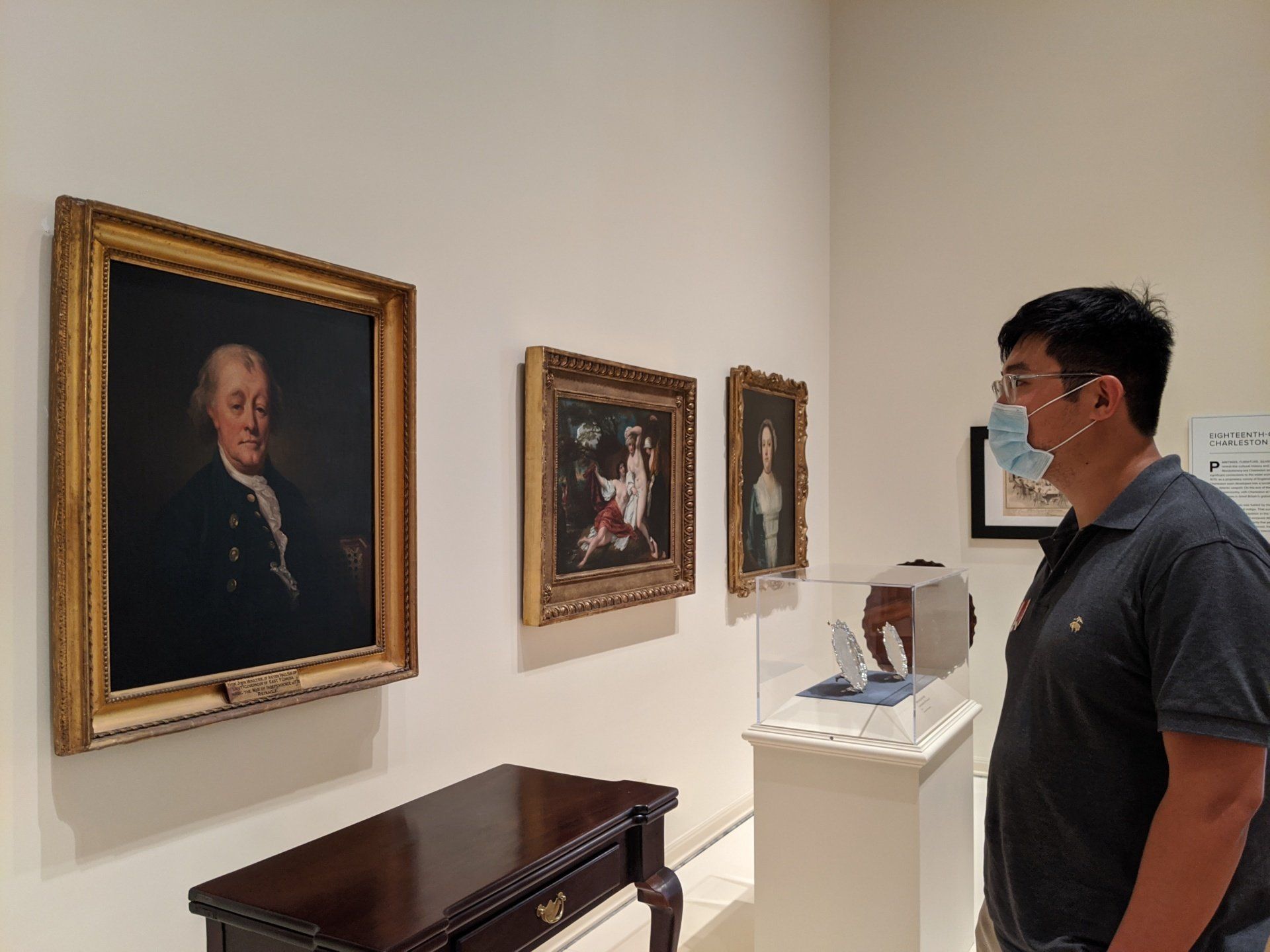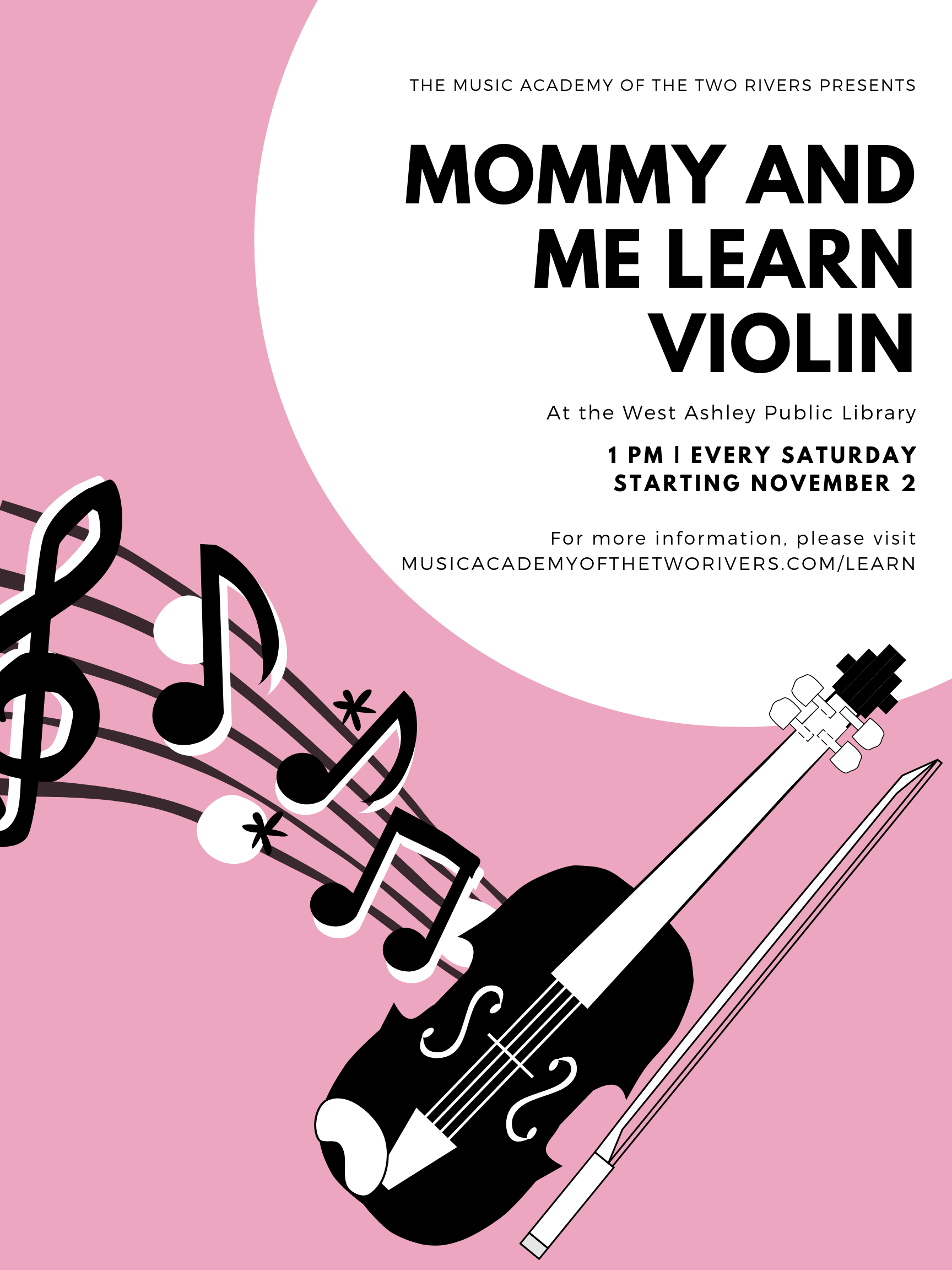The Worst Part of My Job
Think of this post as a diary entry, a cathartic rant to help cope with what is undoubtedly the worst part of being a music teacher.

When I first started teaching, what I hated most was the paperwork. Taxes are not fun, even when you make very little money. Then, it was the scheduling; trying to reconcile more than one schedule felt impossible, especially when things never seemed to stay consistent for more than a week at a time. Then, of course, retention- keeping students is so difficult, and it always hurts when they leave. Admittedly, some more than others. Not to say that finding students in the first place isn't a herculean task, which it definitely is. And then, I started running a studio, with other teachers. More paperwork, for the non profit, for payroll, for budgeting, for the board. More schedules, less time. More students, but also more loss.
But all of that pales to the real worst part of my job: being the bad guy.
When you're a kid, you're given fairy tales, where there is objectively a good guy, and a bad guy. When you start learning history in school, it's almost always framed as the good guys versus the bad guys. We learn from such a young age that morality and ethics can be coded as black and white, and that though there are shades of grey in between, at the end of the day, you can decide whether or not someone or something is good with a little objective thinking.
When you learn music, in the Suzuki method, there's this thing called the Suzuki triangle, or the parent-teacher triangle, that encourages parents to actively participate in their child's musical education, both in the lesson, and at home. When you're training, they tell you that this will help the child advance even when someone of the three is slacking off, that having multiple sources of encouragement is powerful, that it creates a bond between parent and child that is hard to describe. All of these things are true, but they're leaving something out.
I like to say that I grew up with the Suzuki method, but the truth is, my teacher growing up didn't understand the Suzuki triangle the same way that I do as a teacher. She was always the teacher, the beacon of good. In lessons, I tried my best, because I wanted her to think I was a good student. The reality of it was that I was not a good student, a fact which I have admitted many times over since becoming a teacher. At home, with my mother (the designated Suzuki parent), I never wanted to practice. I wanted to quit, I wanted to leave, I threw tantrums, I cried. My mother, it seemed, was the bad guy, forcing me to practice when I didn't want to.
As an aside, now that I am an adult, I am incredibly grateful for my mother's stubborn refusal to let me stop practicing. Violin was so important to my growth as a human being, and if she had let me slack off or quit, I might not have made it to adulthood.
But my mom was not the bad guy. Yet, to little me, she was; but she shouldn't have been.
That burden should have fallen on the shoulders of my teacher.
The first time I realized that I had to be the bad guy was very early on in my teaching, within the first few lessons with my very first student. She told me that her mom was mean and made her practice for way too long at home, and her mother argued that she only wanted fifteen minutes of work. My first instinct was to say that fifteen was too much, and that she needed to go easier on her daughter for now: but, I then remembered similar conversations from my childhood. Conversations where I felt vindicated that the good guy had taken my side, which only worsened the arguments at home.
So, I sat up a little straighter, and frowned at the student for the very first time. I can't remember my exact words, but it was something along the lines of, "I'm disappointed that your mother is only asking for half the time that you spend in a lesson. I'd hate to think that you're only putting in half as much work at home as you do here." The mother was shocked I'd speak to a 3 year old like that, and responded that she thought that less time at home was needed to accomplish what needed to be done. I frowned, but 'relented', giving the okay for them to practice *just* fifteen minutes.
Every time there was a disagreement, I made myself the bad guy. As a result, the student respected me, and begrudgingly did what I asked, while her mom got to remain the good guy. I took the fights that could have happened, and made sure that the mother had someone to blame- me.
This is what I needed as a kid. It's what my mother needed. Someone to be the bad guy that was outside of the home equation, that both of us could blame, so that my mother could 'side with me', and I could follow instructions without fighting with my mother. You see, there were two levels to the disagreement: my disagreement as a student with the instruction, and the actual fight. By eliminating the fight, and placing that blame on an authority figure, the only thing that remains is the disagreement with the instruction, which is far easier to come to terms with when your frustration is echoed by the good guy, your parent.
When I was in middle school, I failed an audition, publicly. It was humiliating, but it was a lesson I needed to learn; that I was falling behind, and needed to work harder. However, my teacher placed the blame firmly on me, telling me it was solely my fault that I failed. As a result, I quit taking lessons with her, and my mother found a new teacher.
The new teacher then insulted me, telling me that I was terrible, I had so much work to do. He was immensely critical, and did not let up. He never yelled or insulted my character or anything like that, but he was always harsh, always expecting more. A year passed, and I ended up winning the same competition I had previously failed- second place, that is. And he did not congratulate me, instead, he told me that I clearly could do better, and had more work to do. With this teacher, I had to prove myself. Practicing was still difficult, but I no longer wanted to quit. I wanted to do better, I wanted to be good enough that he would actually tell me I was good enough. He made himself the bad guy, and as a result, home life got easier, and lessons got more rewarding. In grad school, I had a similar teacher, one who was immensely critical. Similarly, she inspired me to be better, as she made herself the 'bad guy', not taking the blame for anything, but making sure that my frustrations were directed to her, not to myself and my instrument.
These teachers were not afraid to test their students, and be the bad guy. As a result, they have lost a number of students, and many of these dropouts do not speak fondly of them, some openly insulting them. But those students who have stayed with them have reaped the benefits of having a teacher who is not afraid to be the bad guy. Some parents are just looking for a teacher to tell their child how wonderful they are; and these kids will, most of the time, never really become anything great, because they don't have a teacher that's willing to lose them in order to really teach them, and they don't have a parent that's willing to be critical or take any criticism on their behalf. Such is the state of things.
I resolved to be one of the teachers that isn't afraid to be the bad guy. And it is, by far, the worst part of my job.
A few examples:
A few months ago, before a recital, I had a rehearsal with all of my students. Two students had just returned from vacation, and very clearly not practiced. It's very difficult to get your kid to practice when there are more fun things to do, so I made myself the bad guy, and called them out on it during the rehearsal. I expected the mothers to thank me for taking the hit myself, rather than making her admonish him at home. Instead, I received a very angry email from one of them, asking me 'how dare you humiliate him like that!'. The other subtly gave me a thank you card with a tip in it, for making it easier for her to blame me for him having to practice, rather than him blaming her. This is the difference between a parent that wants to save face and always look good, but will inevitably come out looking like the bad guy to their child, and one that is willing to accept criticism, and let the teacher be the bad guy. To absolutely no one's surprise, the former is still my student and excelling at every pass, and the latter quit.
The other day, I found out that one of my students was slacking off in their studies, not just with me, but at school. Their parent didn't know what to do, so I told them to let me be the bad guy. As a result, I had one of the hardest lessons I've ever had. I was incredibly strict and critical, to the point where the student almost cried, but the parent did not have to be the bad guy. Instead, they got to tell the student how proud they were, and insist that they could do well. When they left, both were either crying, or about to cry- and neither of them saw me go to bed four hours early, emotionally exhausted, and hating my job.
So, to my fellow teachers: Be the bad guy. You will lose students, but the ones you keep will excel, and their parents will be grateful that they don't have to be the bad guy. If you want to be a teacher, you have to be willing to be the bad guy. There are no exceptions. Sure, there will be plenty of time when you're not the bad guy- the majority of the time, you're not the bad guy. But those few times when it's needed, you have to suck it up.
To the parents: If the teacher is critical, accept it. Accept the criticism with grace and help comfort your child if they feel small, but don't go behind their back and admonish the teacher for teaching them. Our job is not just to teach music, but to teach them how to be a good student. It's a lifelong lesson, and your child doesn't need you standing in the way of their education. They need you on their side: let the teacher be the bad guy, and use it to your advantage, to help encourage your kid to advance.
To the students: There is nothing I can say to change who you are, so take what I give you and do what you will, but remember this: I only ever act as the bad guy because, although it is the worst part of my job, it is one of the most important parts of my job.
Savannah Cash









